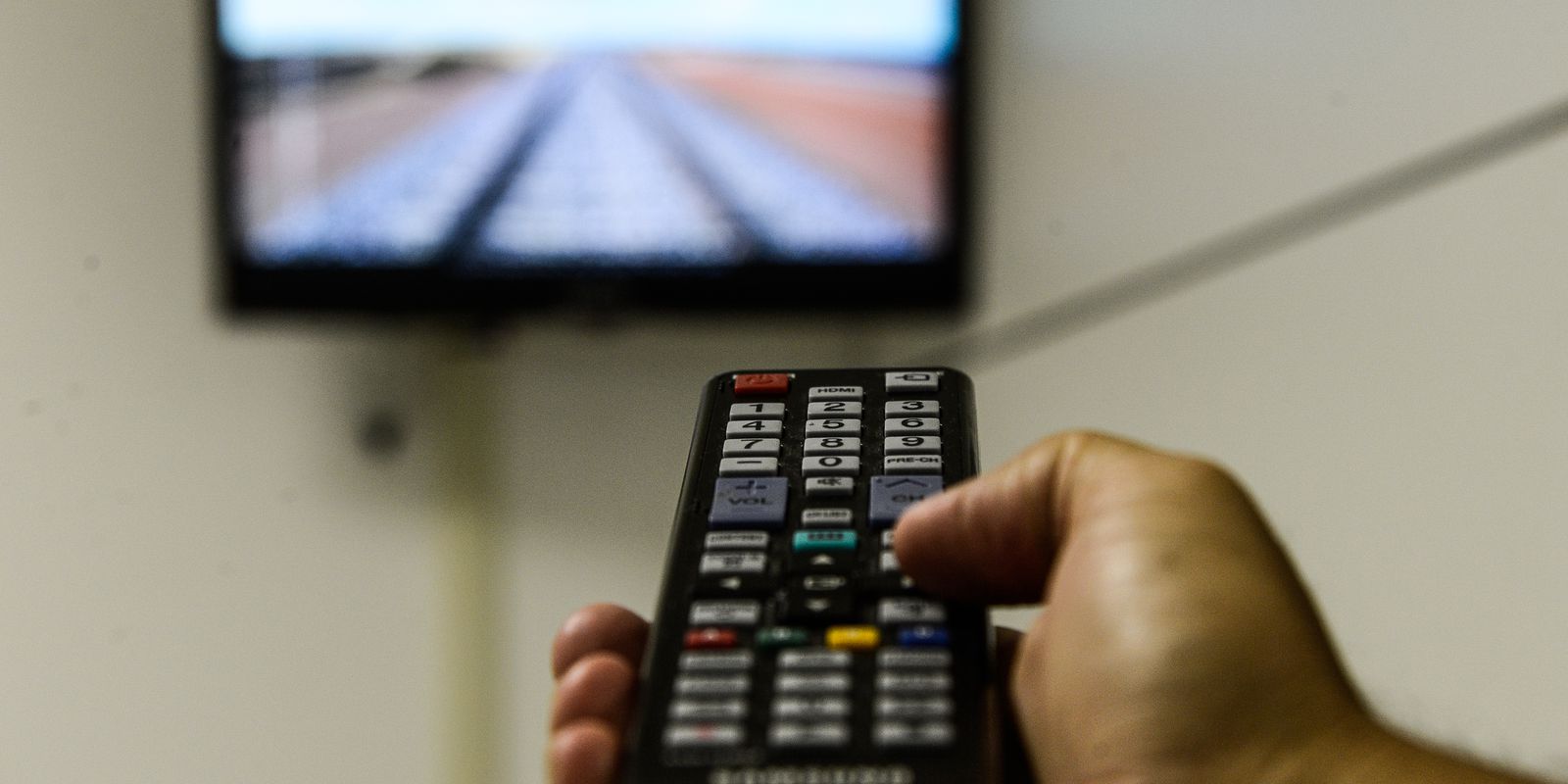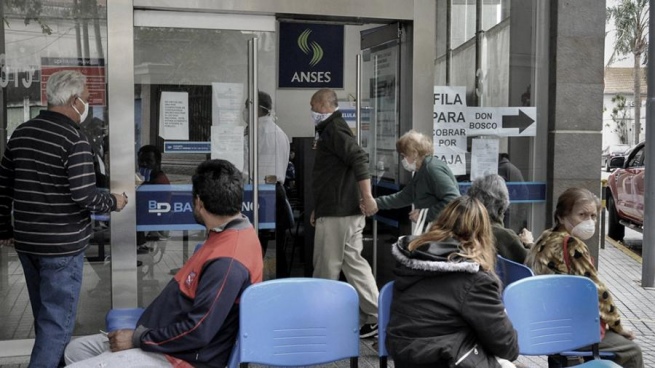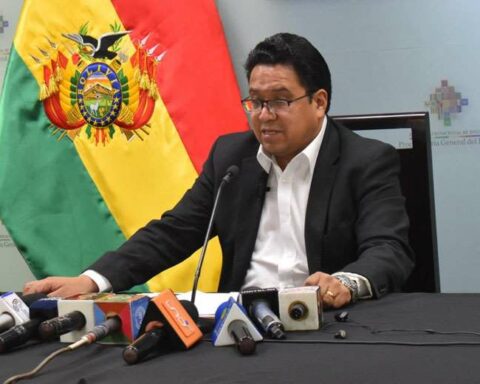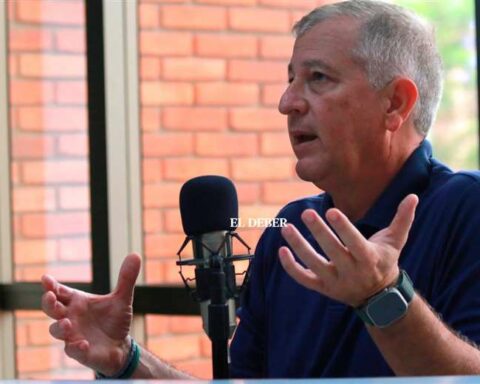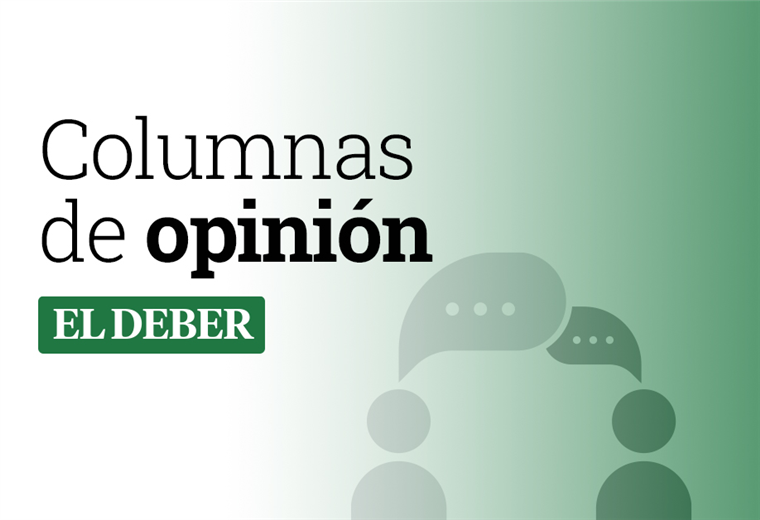The governments of Germany and France they say they are “preparing” a possible cessation of imports of Russian gas, reiterating its opposition to any payment in rubles for deliveries. A payment in your local currency that the Russian president demands in response to Western sanctions imposed for the invasion of Ukraine.
“There may be a situation tomorrow … where there is no more Russian gas, and “it is up to us to prepare for these scenarios, and we are preparing for them,” French Economy and Finance Minister Bruno Le Maire said. at a press conference with German Economics Minister Robert Habeck. At the same time, Berlin and Paris reiterated their refusal to pay in rubles for Russian gas deliveries, as requested by Vladimir Putin. This would also imply the opening of an account in a Russian bank, which would only be fed in rubles.
“It is written in the contracts that payments are made in euros and sometimes in dollars,” German Chancellor Olaf Scholz said at another press conference, also in Berlin on Thursday. “I have made it clear to the Russian president that he will continue to be like this” and “companies want to be able to pay in euros and they will,” he added.
“Contracts provide for a currency in which they are executed and, therefore, the contracts must be executed in the intended currency,” insisted Bruno Le Maire. “Contracts are contracts,” he added.
Vladimir Putin announced last week that Russia would stop accepting payments in dollars or euros for gas supplies to the EU. The Russian president explained that his decision was a reaction to the freezing of Russia’s assets by the West to punish Moscow after the invasion of Ukraine.
In a telephone conversation with Olaf Scholz on Wednesday, Putin assured the chancellor that payments “will continue to be in euros,” according to a statement released by the German government. The funds will be “transferred as usual to the Gazprom Bankwhich is not subject to sanctions,” and will be converted into rubles, Berlin said then.
But this Thursday, the Russian president repeated his threats, assuring that his country would stop supplying gas to “unfriendly” countries that refused to pay in rubles as of Friday, April 1. He added that, in case of rejection, “current contracts will stop.”
Before the war, the European Union imported 40% of its gas from Russia. Germany was especially dependentwith a proportion of 55%.
What does Russia gain from this measure?
According to the business press and experts, two things. On one side, the Russian government wants to stop the collapse of the value of the ruble. As soon as the measure was announced for the first time last week, the Russian currency rebounded in its exchange rate against the dollar. On the other hand, by limiting payment to rubles, the inflow of foreign currency into the Russian economy is reduced.
Russia I would also be studying to authorize the payment in Bitcoin of its gas and oil exports, according to what deputy Paul Zavalny dropped last week. A possibility that would only be open to Russia’s “friendly” countries. That is, those who have not supported Western sanctions for the war in Ukraine.


